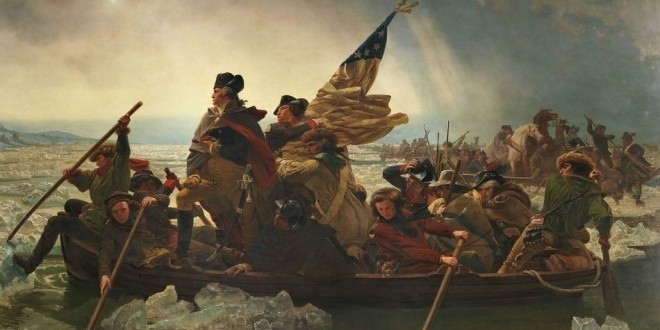 Former Federal Reserve head Alan Greenspan compares bitcoin to “Continental currency” issued in 1775 by the new US Congress to help finance the need for guns, ammunition and supplies for the American Revolution.
Former Federal Reserve head Alan Greenspan compares bitcoin to “Continental currency” issued in 1775 by the new US Congress to help finance the need for guns, ammunition and supplies for the American Revolution.
The currency allowed George Washington’s new government to create a market for goods and services although the government kept issuing new currency causing it to become worthless by 1782.
Bitcoin looks like the history of fiat money in the United States and other countries going all the way back to 1789. If you look back at the ‘Continental’ which was issued in 1775 – a couple of hundred million dollars – and by 1782, it was worthless. But before it was worthless, George Washington was able to buy a lot of armaments and all sorts of ship parts. And over the period, a significant share of that worthless, ultimately worthless, currency was creating goods and services. That’s what I think is happening with cryptocurrency.”
Supply will determine value
Greenspan said the value of bitcoin will depend on how the supply of cryptocurrency available in the market is handled.
 He said with the Continental and the greenback during the Civil War, the amount of fiat currency kept rising. “It’s very difficult to understand how bitcoin is fundamentally different from that. But I am saying there are very considerable similarities – what’s holding the prices up is the supply is down,” Greenspan added.
He said with the Continental and the greenback during the Civil War, the amount of fiat currency kept rising. “It’s very difficult to understand how bitcoin is fundamentally different from that. But I am saying there are very considerable similarities – what’s holding the prices up is the supply is down,” Greenspan added.
“Humans buy all sorts of things that aren’t worth anything. People gamble in casinos when the odds are against them. It has never stopped anybody,” he stated.
Greenspan added:
The value of bitcoin can never be negative. And so, there’s only one thing it can be. It’s either zero or plus and the way human beings estimate value, you’re going to get a number of people who always consider it a plus. And if you happen to get into bitcoin early on, you create a huge potential market but it’s not an accident that virtually all of these cryptocurrencies that have some semblance of control with them, and if the mathematics are correct, are doing reasonably well.”
He said he is writing a book about American history and you can listen to his CNBC interview here.
Visuals: “Washington Crossing the Delaware” by Emanuel Leutze (public domain); Alan Greenspan courtesy CNBC; Continental coin courtesy Heritage Auctions

